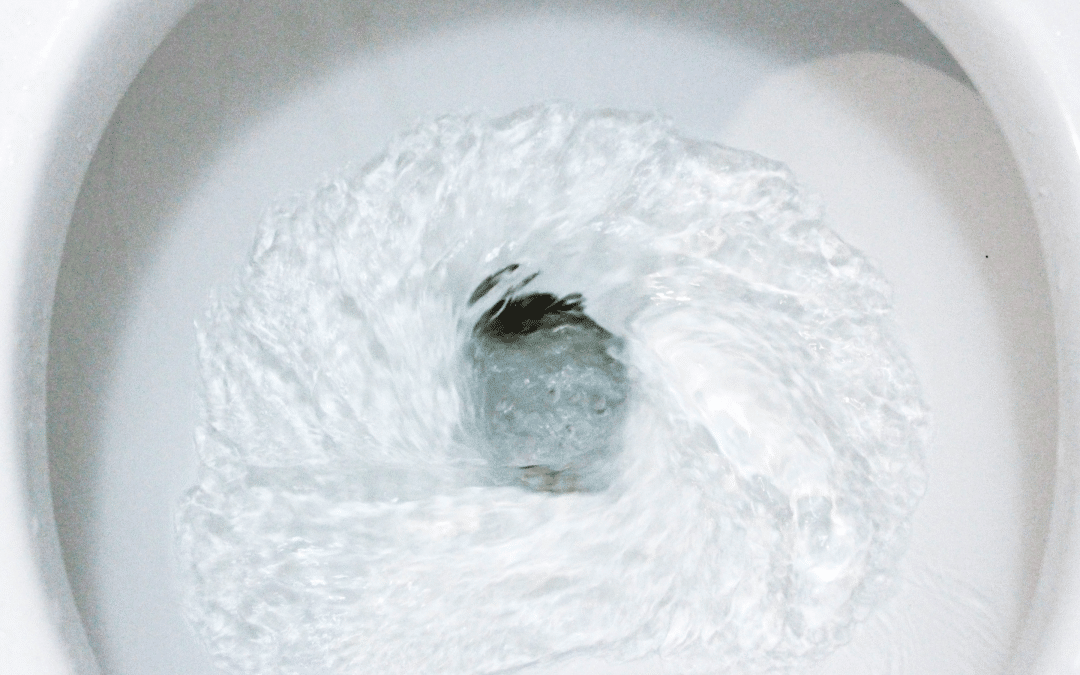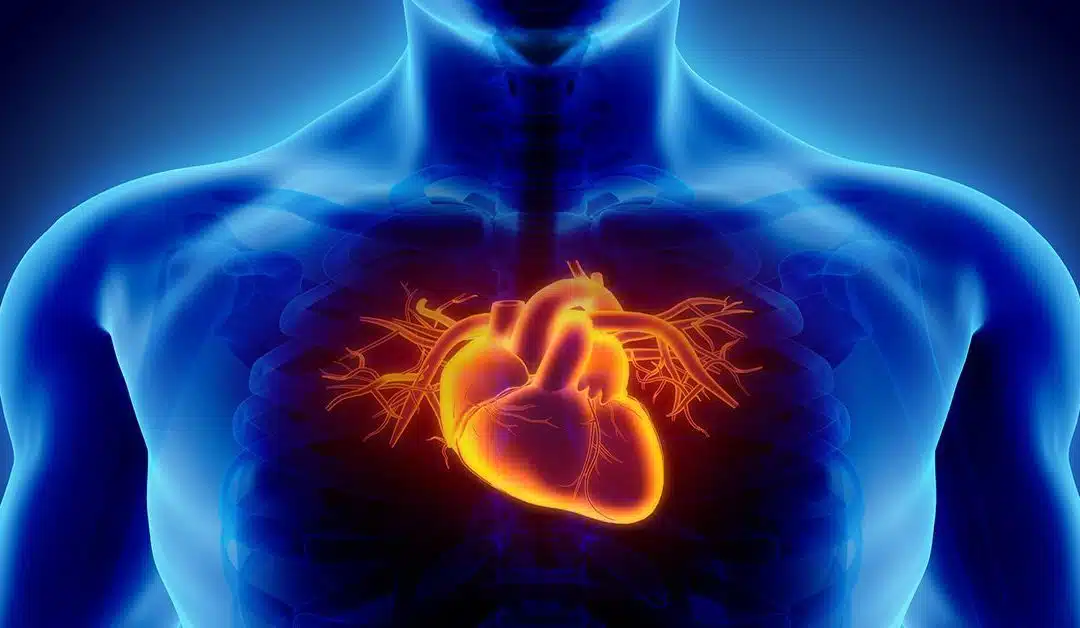Gut health is a term often used to describe the overall well-being of our digestive system. It involves the balance and function of the trillions of microorganisms that reside in our intestines, collectively known as the gut microbiome. Maintaining a healthy gut is crucial as it not only aids in digestion but also influences our immune system, mental health, and even weight management.
Increasingly, research has shown that a diverse and balanced gut microbiome is essential for optimal health. Factors such as diet, lifestyle, and medication use can significantly impact gut health. As we explore the relationship between vaccines and gut health, it is important to understand how these elements interact to maintain or disrupt gut microbiome balance.
The Role of Vaccines in Public Health
Vaccines have been a cornerstone of modern medicine, playing a crucial role in the prevention of infectious diseases. By stimulating the immune system to recognize and combat pathogens, vaccines have contributed to the eradication and control of diseases such as smallpox, polio, and measles. This has led to significant reductions in morbidity and mortality rates worldwide.
The success of vaccination programs has not only improved individual health outcomes but has also contributed to the broader concept of herd immunity. Herd immunity occurs when a significant portion of a population becomes immune to a disease, thereby reducing its spread and protecting those who are unvaccinated. This is particularly important for individuals who cannot be vaccinated due to health conditions.
Despite their undeniable benefits, vaccines have been the subject of debates and controversies. Concerns about their safety, side effects, and potential impact on long-term health have led to hesitancy among some groups. As more research is done into the relationship between vaccines and gut health, it will be crucial to address these concerns with evidence-based information.
The Relationship Between Vaccines and Gut Health
In recent years, research has begun to explore the potential interactions between vaccines and the gut microbiome. While vaccines are designed to target specific pathogens, there is growing interest in understanding how they might indirectly affect the complex microbial ecosystem in the gut. This relationship is particularly important because the gut microbiome is integral to immune function.
Some studies suggest that different types of vaccines could alter the composition of gut bacteria, either by directly affecting microbial populations or by modulating immune responses that, in turn, impact the microbiome [1-3]. These interactions may vary depending on the type of vaccine and the individual’s existing microbiome composition. Understanding these dynamics is essential for evaluating the overall impact of vaccines on gut health.
Furthermore, the gut microbiome may influence vaccine efficacy [4]. Research has indicated that individuals with a more diverse and balanced microbiome tend to have stronger immune responses to vaccination. This highlights the bidirectional relationship between vaccines and the gut, suggesting that maintaining a healthy microbiome could enhance vaccine effectiveness.
Effects of Vaccines on the Gut Microbiome
The effects of vaccines on the gut microbiome can vary significantly based on individual factors and the specific vaccine administered. Some studies have observed temporary shifts in microbial composition following vaccination, while others have reported minimal changes. These variations underscore the complexity of interactions between vaccines and the gut microbiome [1-3]. In some cases, vaccination has been associated with increased diversity in the gut microbiome, which is generally considered beneficial. However, more research is needed to fully understand the long-term implications of these changes and their significance for overall gut health.
It’s important to note that while vaccines might induce changes in the microbiome, these shifts are typically transient and do not necessarily indicate adverse effects. The body’s ability to adapt and maintain microbial balance is a testament to the resilience and adaptability of the gut ecosystem. Continued research will help clarify the nuanced interactions between vaccines and the gut microbiome.
Pros and Cons of Vaccines on Gut Health
When evaluating the pros and cons of vaccines on gut health, it’s essential to consider both the potential benefits and any concerns. On the positive side, vaccines protect against infectious diseases that could otherwise disrupt gut health. For example, preventing a rotavirus infection through vaccination can spare individuals from severe gastrointestinal distress and long-term gut damage.
Moreover, vaccinations can indirectly promote gut health by supporting a robust immune system. A well-functioning immune system is less likely to overreact to harmless substances, reducing the risk of allergies and autoimmune conditions that can affect the gut. This capacity to modulate immune responses is a significant advantage of vaccination.
On the other hand, concerns about vaccines disrupting the gut microbiome are a possibility but currently based on limited evidence. While some changes in microbial composition have been observed, these are often temporary and may not have lasting adverse effects. The benefits of vaccination in preventing disease and promoting public health currently outweigh the potential risks to gut health.
Current Research on Vaccines and Gut Health
The relationship between vaccines and gut health is a burgeoning area of research, with scientists striving to unravel the complex interactions between the immune system and the gut microbiome. Current studies are exploring various aspects, including how different vaccines affect microbial diversity and whether these changes influence vaccine efficacy [1-4].
One promising area of research focuses on the role of probiotics and prebiotics in enhancing vaccine responses [5]. By promoting a healthy microbiome, these supplements may improve the body’s immune reactions to vaccines, potentially leading to more effective immunization strategies. This line of investigation holds promise for optimizing vaccination outcomes while supporting gut health.
Despite the progress, many questions remain unanswered, and more comprehensive studies are needed to draw definitive conclusions. As researchers continue to investigate the intricate connections between vaccines and the gut microbiome, our understanding will deepen, paving the way for innovations in both vaccination and gut health management.
Practical Tips for Maintaining Gut Health Post-Vaccination
Maintaining gut health post-vaccination is important for overall well-being. Here are some practical tips to support a healthy gut:
- Prioritize a Balanced Diet: Incorporate a variety of fruits, vegetables, whole grains, and fermented foods into your diet. These provide essential nutrients and promote a diverse microbiome.
- Stay Hydrated: Water is vital for digestion and nutrient absorption. Ensure you drink adequate amounts of fluids daily to support gut function.
- Regular Exercise: Physical activity can enhance gut health by promoting healthy digestion and microbial diversity. Aim for at least 30 minutes of moderate exercise most days.
- Manage Stress: Chronic stress can negatively impact gut health. Practice stress-reducing techniques such as meditation, yoga, or deep breathing exercises.
- Consider Probiotics and Prebiotics: Probiotics and prebiotic supplements can help maintain microbial balance in the gut. Consult a healthcare professional to determine the best options for you.
By integrating these strategies into your daily routine, you can support your gut health and enhance your overall well-being following vaccination.
Final Thoughts
As we look to the future, the relationship between vaccines and gut health will continue to be an area of active research and interest. Understanding how vaccines interact with the gut microbiome and influence immune responses will be crucial in developing more effective vaccination strategies and maintaining gut health.
The potential for personalized medicine, where vaccination protocols are tailored based on individual microbiome profiles, is an exciting prospect. This approach could optimize vaccine efficacy and minimize any unintended effects on gut health. As science advances, we can anticipate new insights and innovations that will further integrate the fields of immunology and gut microbiome research.
In closing, I encourage you to stay informed about vaccines and their impact on gut health. Engage with reliable sources, consult healthcare professionals, and participate in discussions that promote understanding and awareness. Together, we can support public health and enhance our well-being through informed decisions about vaccination and gut health.
Sources
[1] Zimmermann, P. (2023). The immunological interplay between vaccination and the intestinal microbiota. npj Vaccines 8, 24. https://doi.org/10.1038/s41541-023-00627-9
[2] Boston, R. H., Guan, R., Kalmar, L., Beier, S., Horner, E. C., Beristain-Covarrubias, N., Yam-Puc, J. C., Pereyra Gerber, P., Faria, L., Kuroshchenkova, A., Lindell, A. E., Blasche, S., Correa-Noguera, A., Elmer, A., Saunders, C., Bermperi, A., Jose, S., Kingston, N., CITIID-NIHR COVID-19 BioResource Collaboration, Grigoriadou, S., … Patil, K. R. (2024). Stability of gut microbiome after COVID-19 vaccination in healthy and immuno-compromised individuals. Life science alliance, 7(4), e202302529. https://doi.org/10.26508/lsa.202302529
[3] Hazan, Sabine; Dave, Sonya; Barrows, Brad; Borody, Thomas J. (2022). Persistent Damage to the Gut Microbiome Following Messenger RNA SARS-CoV-2 Vaccine. The American Journal of Gastroenterology 117(10S):p e1429-e1430. http://doi.org/10.14309/01.ajg.0000865036.78992.16
[4] Huang, B., Wang, J. & Li, L. (2023). Recent five-year progress in the impact of gut microbiota on vaccination and possible mechanisms. Gut Pathog 15, 27. https://doi.org/10.1186/s13099-023-00547-y
[5] Peroni, D. G., & Morelli, L. (2021). Probiotics as Adjuvants in Vaccine Strategy: Is There More Room for Improvement?. Vaccines, 9(8), 811. https://doi.org/10.3390/vaccines9080811
https://www.bcchr.ca/news/covid-19-vaccines-gut-microbiome-dietary-fibre
https://www.contagionlive.com/view/gut-microbiota-in-early-life-may-affect-vaccine-efficacy








